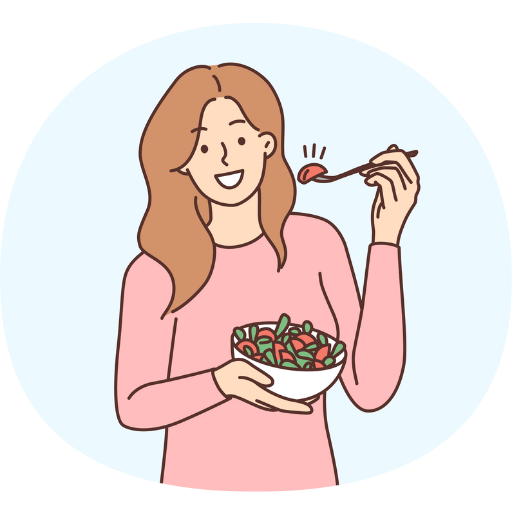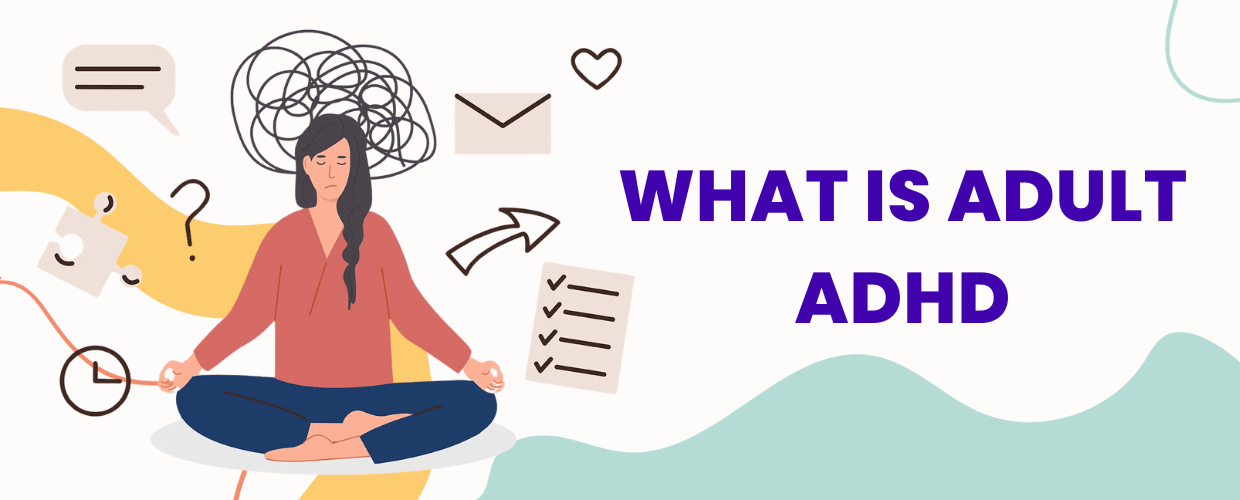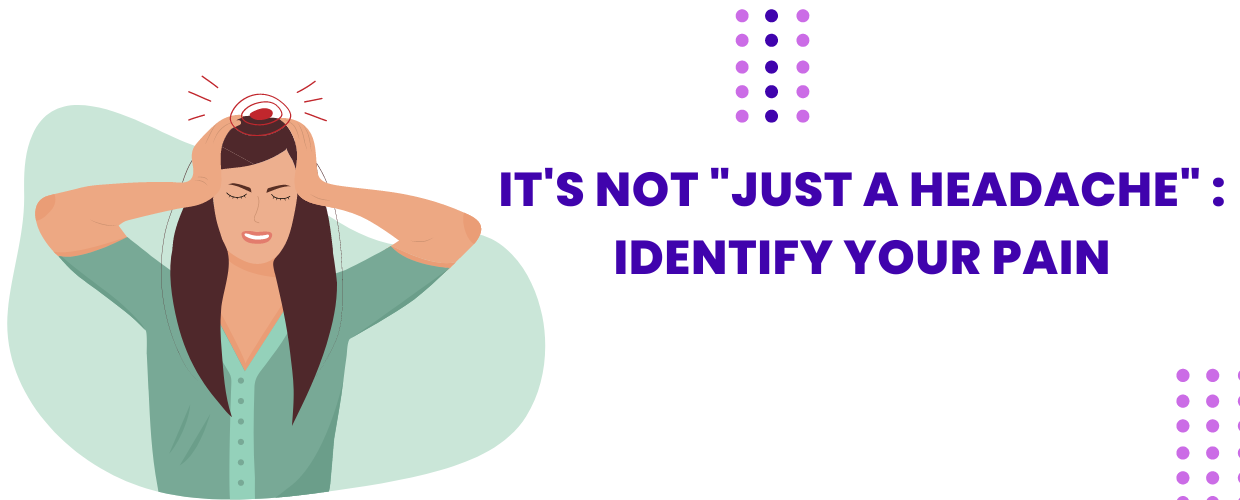If you are struggling with depression or anxiety, you may have wondered if your diet can affect your mood. The answer is yes, it can. What you eat can have a significant impact on your mental health and wellbeing. We will explain how diet and mental health are linked, what are some of the best diets for depression and anxiety, and what foods you should avoid or limit.
How Diet and Mental Health Are Linked
Your diet plays a fundamental role in your health and wellbeing, not only physically, but also mentally and emotionally. Your brain needs a variety of nutrients to function properly, such as vitamins, minerals, antioxidants, amino acids, fatty acids, and glucose. These nutrients help your brain produce neurotransmitters, which are chemical messengers that regulate your mood, sleep, appetite, stress response, and cognition.
Your diet also affects your gut health, which is closely connected to your brain health. Your gut is home to trillions of microbes that have many functions in your body, such as synthesizing neurotransmitters, modulating inflammation, and influencing your immune system. Your gut microbes communicate with your brain via the vagus nerve, the enteric nervous system, and the bloodstream. This communication is known as the gut-brain axis. An unhealthy diet can disrupt the balance of your gut microbes, leading to inflammation, oxidative stress, and impaired brain function.
The Best Diets for Depression and Anxiety
There is no one-size-fits-all diet for mental health, but some dietary patterns have been shown to be beneficial for depression and anxiety. These include:
– The Mediterranean diet: This diet is based on the traditional eating habits of people living in countries bordering the Mediterranean Sea. It emphasizes fruits, vegetables, whole grains, legumes, nuts, seeds, olive oil, fish, poultry, eggs, dairy products, herbs, and spices. The Mediterranean diet is rich in antioxidants, anti-inflammatory compounds, omega-3 fatty acids, fiber, and prebiotics. These nutrients can help protect your brain from oxidative stress and inflammation, enhance your neurotransmitter production and function, and support your gut microbiome diversity and health. Several studies have found that following a Mediterranean diet can lower the risk of depression and improve depressive symptoms.
Foods to be preferred:
- Proteins: Pulses, Curd or buttermilk, skimmed milk, Eggs, Fish
- Fruits: Bananas, strawberries, grapes, orange, Guavas, Kiwi, Papaya, Avocados, Apple
- Sprouts: Peanuts, cashews, nuts, sunflower seeds
- Vegetables: Carrots, potatoes, green leafy vegetables, Beetroot, Mushrooms, Cucumbers, Cauliflower, Black beans, beans.
- Cereals: Rice, wheat, jowar, ragi, millet, oats
- Fish: Salmon, mackerel, tuna, servings and sardines
Foods to avoid:
- Processed foods: Baked products, candy, soda, or anything sweetened with sugar or high-fructose corn syrup.
- High GI carbohydrates: White bread, potatoes, pasta, and anything else made from refined flour.
- Fried foods: French fries, fried chicken, fried seafood, or anything else deep-fried in oil.
- Bad fats: Trans fats such as margarine and hydrogenated oils are to be avoided totally; omega-6 fats such as vegetable, corn, sunflower and safflower oil should be consumed in moderation.
How to apply Mediterranean diet in our food?
- Breakfast: Cereal based (rice, wheat, jowar, ragi, millet) with vegetables (green leafy vegetables, beetroot, mushrooms, cauliflower, beans, carrots, or cucumbers) and dairy products, eggs.
- Lunch: Cereal based (rice, wheat, jowar, ragi, millet) with vegetables (green leafy vegetables, beetroot, mushrooms, cauliflower, beans, carrots, or cucumbers), curd or buttermilk.
- Snacks: Fruits (Bananas, strawberries, grapes, orange, Guavas, Kiwi, Papaya, Avocados, Apple) and vegetables (carrot, cucumber, Radish, Beetroot).
- Dinner: Vegetables (green leafy vegetable, cauliflower, beans) and protein rich (curd/buttermilk/ egg) diet. Minimal cereal-based foods in one meal a day (rice, wheat, jowar, ragi, millet)






